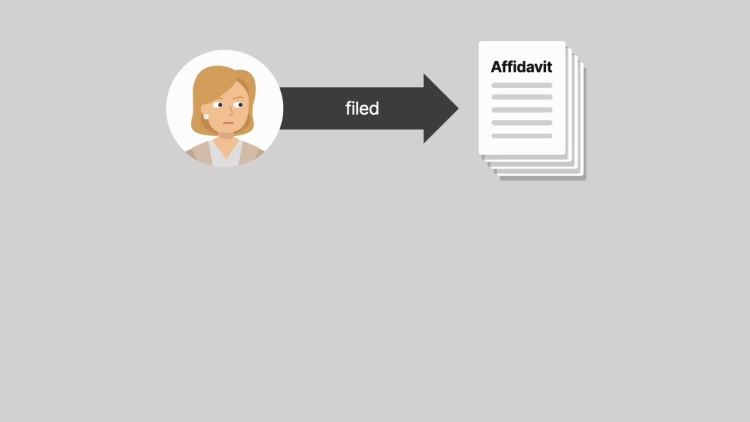King v. Whitmer
United States District Court for the Eastern District of Michigan
556 F. Supp. 3d 680 (2021), 71 F.4th 511 (2023)
- Written by Liz Nakamura, JD
Facts
Joseph Biden won Michigan’s November 2020 presidential election, defeating the incumbent, Donald Trump. Several weeks later, a group of Michigan Republican voters, led by Timothy King, sued several high-ranking state officials, including Michigan governor Gretchen Whitmer (plaintiff), alleging that the election results were fraudulent. King alleged that Whitmer had executed an elaborate plot to steal the election for Biden by creating fraudulent votes, changing votes from Trump to Biden, and otherwise manipulating the election results. King asked the court to invalidate the results and declare Trump the winner. King’s pleadings and motions were drafted by his attorneys, Sidney Powell, Scott Hagerstrom, and Gregory Rohl (collectively, Powell) (defendants). King’s claims were supported by unsubstantiated allegations from third parties. Powell submitted King’s papers without verifying that the allegations contained in the affidavits were true and without confirming that the allegedly unlawful conduct actually violated Michigan’s election laws. The district court refused to invalidate the election results, holding that King’s election-fraud claims were unsupported by law or fact. Powell continued to pursue appeals on King’s behalf even after Michigan’s electoral votes were cast, which rendered the lawsuit and requested relief moot. Regardless, Powell refused to voluntarily withdraw the action, forcing Whitmer to file a motion to dismiss. Whitmer also filed a motion for sanctions against Powell, arguing that Powell had (1) violated Federal Rule of Civil Procedure 11 (FRCP 11) by submitted allegations in bad faith that were unsupported by fact or law and (2) unreasonably extended proceedings by refusing to voluntarily dismiss King’s action after it became moot, in violation of 28 U.S.C. § 1927.
Rule of Law
Issue
Holding and Reasoning (Parker, J.)
What to do next…
Here's why 907,000 law students have relied on our case briefs:
- Written by law professors and practitioners, not other law students. 47,100 briefs, keyed to 996 casebooks. Top-notch customer support.
- The right amount of information, includes the facts, issues, rule of law, holding and reasoning, and any concurrences and dissents.
- Access in your classes, works on your mobile and tablet. Massive library of related video lessons and high quality multiple-choice questions.
- Easy to use, uniform format for every case brief. Written in plain English, not in legalese. Our briefs summarize and simplify; they don’t just repeat the court’s language.





